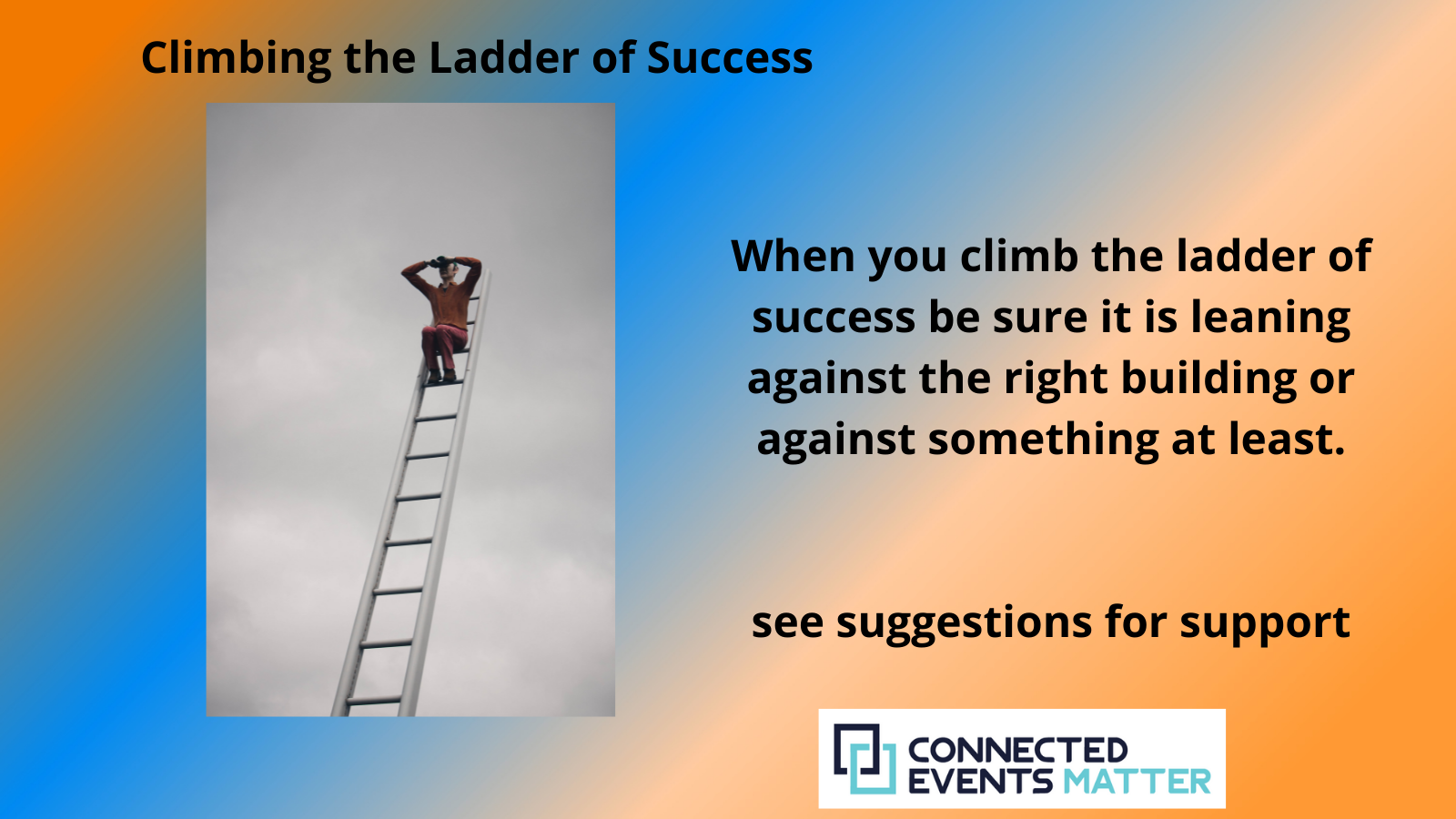If you were, or are, a liberal arts major does that mean your politics have to be liberal? No, of course not, liberal arts has very little to do with political learnings. It probably still needs to be said that all political learning could benefit from some liberal arts.
Liberal arts refer to academic subjects such as literature, philosophy, and social and physical sciences, as distinct from professional and technical subjects. As far back as Ancient Greece liberal arts subjects were felt necessary to enable a person to take an active part in civic life.
J. Paul Getty, the billionaire from the mid 1900’s, said it well when he said that he could teach a new hire accounting but he couldn’t teach them how to talk to people. He said that because he felt that it was better to hire a collage graduate who had a degree in liberal arts than in business.
This website is liberal arts focused, intended to help get away from looking at daily routine in only technical terms, but instead to consider thoughts and connections to enable further pondering.
The Dean of the Business School at Wake Forest recently said:
“We have become so myopic in solving business problems that we don’t think about those problems from the perspective of other disciplines”.
Boston University’s assistant dean at their school of business said:
"businesses want workers who have the ability to think, the ability to write, the ability to understand the cultural or historical context of whatever business decision they’re making”.
Liberal arts can help you get out of where you are to somewhere new. C.S. Lewis said:
“The good of literature is that we want to become more than ourselves, we want to see with others eyes, to imagine with others imaginations, to feel with others hearts, as well as our own.”
So whether your personally conservative or liberal, the good news is that more liberal arts will help you renew and reinvent yourself.







































